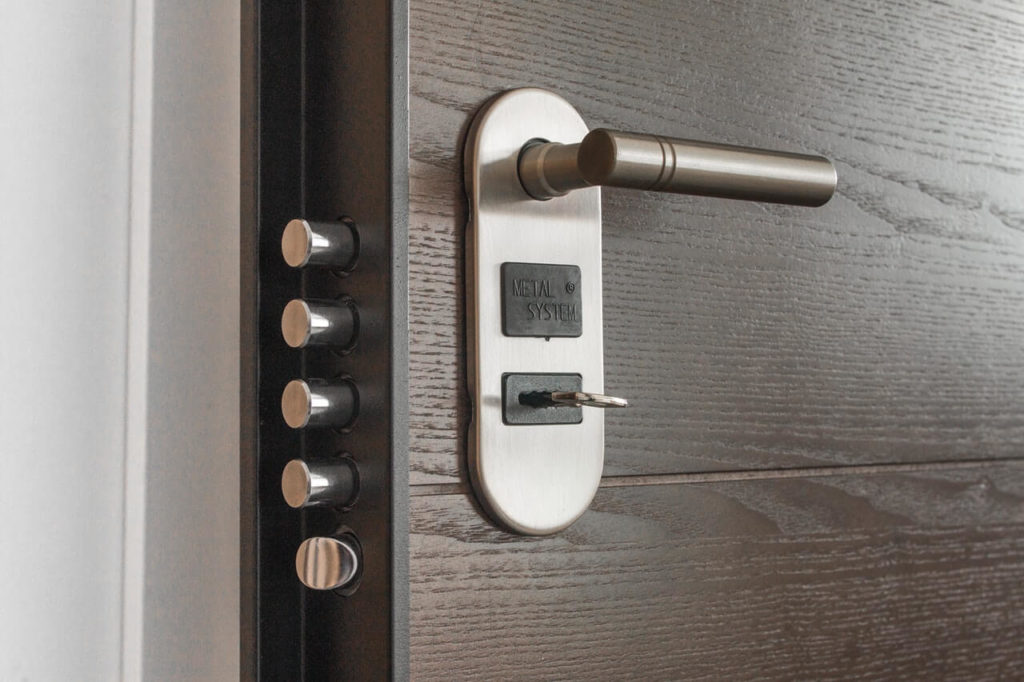
There certainly can be.
The statistics don’t lie: Crime appears to be trending upward nationwide. It’s no wonder home security systems are such a hot ticket these days.
But can you have too much? Are you creating a false sense of protection or adding an ominous and intimidating burden for your friends and family?
It happens more than you think. And, like any important (and possibly expensive) purchase, it is easy to get carried away and purchase features you simply don’t need.
What is the right level of security?
To us, the best answer is whatever level makes you feel safe. That said, it is easy to get caught up in the momentum of an important purchase like this and find you have over bought for your needs.
Here are some questions to consider in planning for a security system:
- What am I protecting?
- Is it inside, outside or both?
- Am I in or near a high crime area?
- How often is the home empty?
- What time of day is it empty?
- How safe do I feel at home?
- How technically savvy am I?
- How much am I willing to spend?
Imagine how many different combinations of answers could come from these questions? Who lives at home with you? Do you have a lot of jewelry or valuables? Are your vehicles parked outside or in a garage? Do you work during the day or night (most burglaries happen during the day)? Do you get a lot of deliveries to your home? Do you have young children?
Our advice is to be super diligent in your process so you don’t end up with a Ferrari when all you needed was a Volkswagen.
Plan the work, work the plan
The answers to the questions at the start of this article will provide a good starting point to help you put your needs in some order of priority.
One of the first questions a good sales person should ask is what you are looking to protect. The answer to that will go a long way toward helping you keep your project focused on what’s most important.
Another important reason to have a plan is to help you compare competitors. If you have told them all the same thing then you have a much better chance of making a good decision.
Establish a budget
There are three components to a security system: equipment, installation and monthly monitoring service.
If you are reasonably handy around the house and only need a camera or two to watch your doors then you will save a lot of money. It is easy to find excellent cameras for $50 or less in stores and there are no installation or monthly service costs.
If your needs require a more sophisticated setup with, for example, multiple cameras, motion detectors, and outdoor lighting, then you have graduated to a more expensive initial cost plus ongoing monthly monitoring service.
Do your homework so you are telling the sales person what you need rather than them upselling you on features you don’t need.
Are you comfortable with technology?
Your technical competence (and/or confidence) can have a big impact on your decision.
Most of today’s security systems are most effective when managed with a smart phone. Why? The phone gives them instant access or response to situations the system monitors, no matter where they are.
However, if you don’t typically keep you cell phone with you or don’t have one, you could save money on your system. There’s no reason to buy a fancy system with “remote” access if you can’t use it.
Think about what is around the corner
Where are you in your life? Are you just starting a family or are you starting to think about downsizing/simplifying?
If you plan on moving in the near future you may want to keep it simple with a few cameras you buy at retail. If you are comfortable where you are then having a more feature-rich system in place is peace of mind.
The devil is in the details
This is always the case with high tech products and services. If you are purchasing a system that requires monthly monitoring services be sure to understand your service contract. Are you agreeing to automatic contract renewals every year? Make sure what the sales person promised is, in fact, in the contract.
And finally, find a sales person that is focused on your needs, not their sales goals. Someone who is a problem solver. They can help ensure you purchase the most efficient system to meet your needs.
There are lots of options. Don’t leap before you look.
 Doorbell Camera Security Guide
Doorbell Camera Security Guide 

